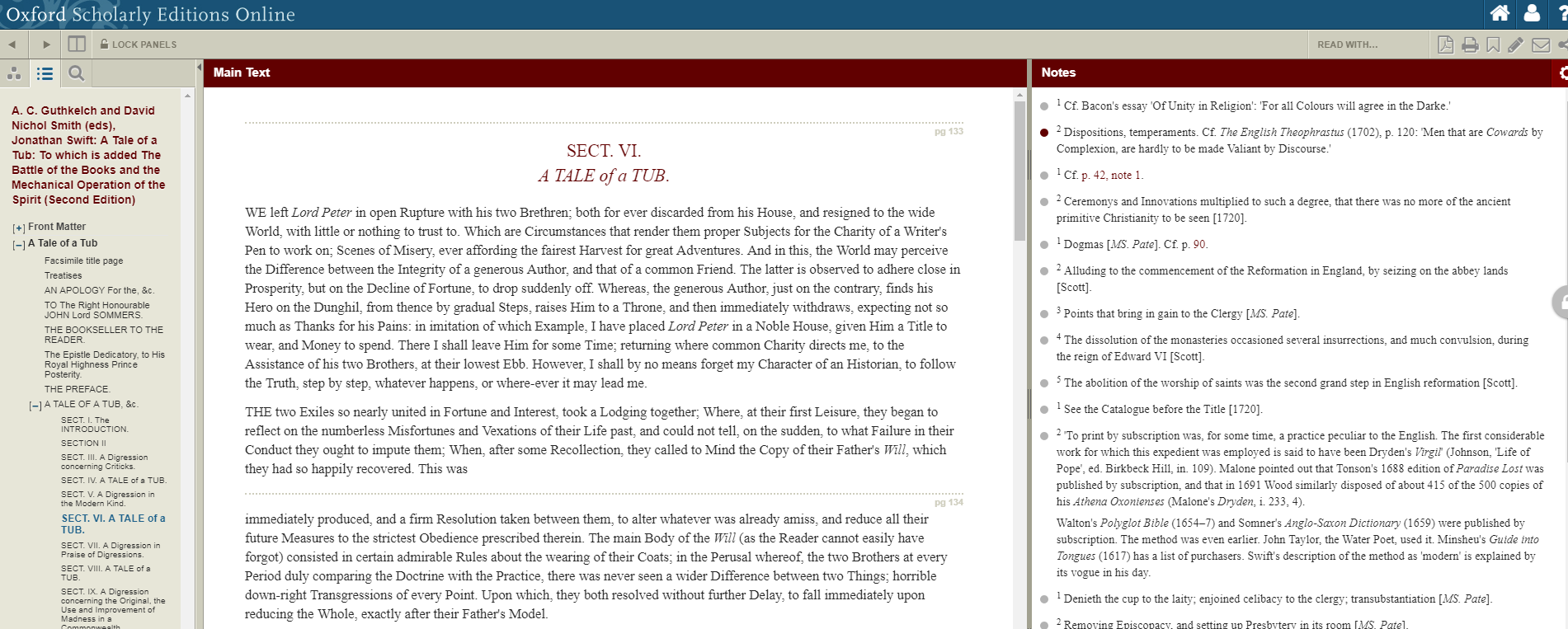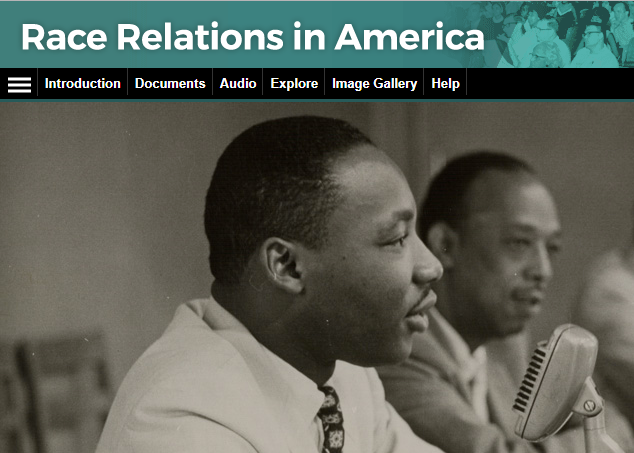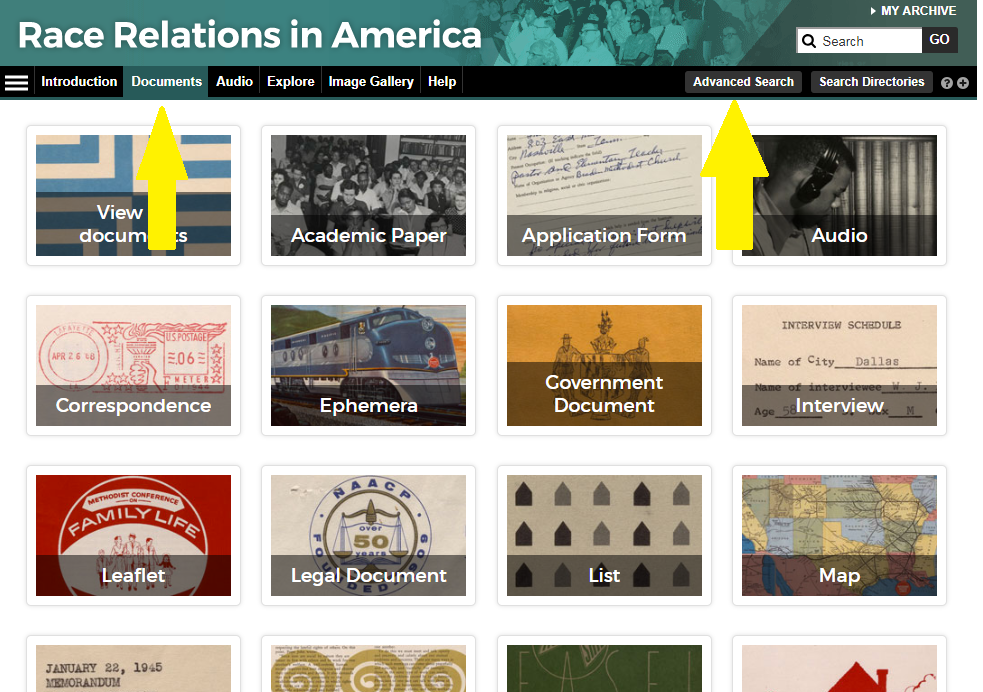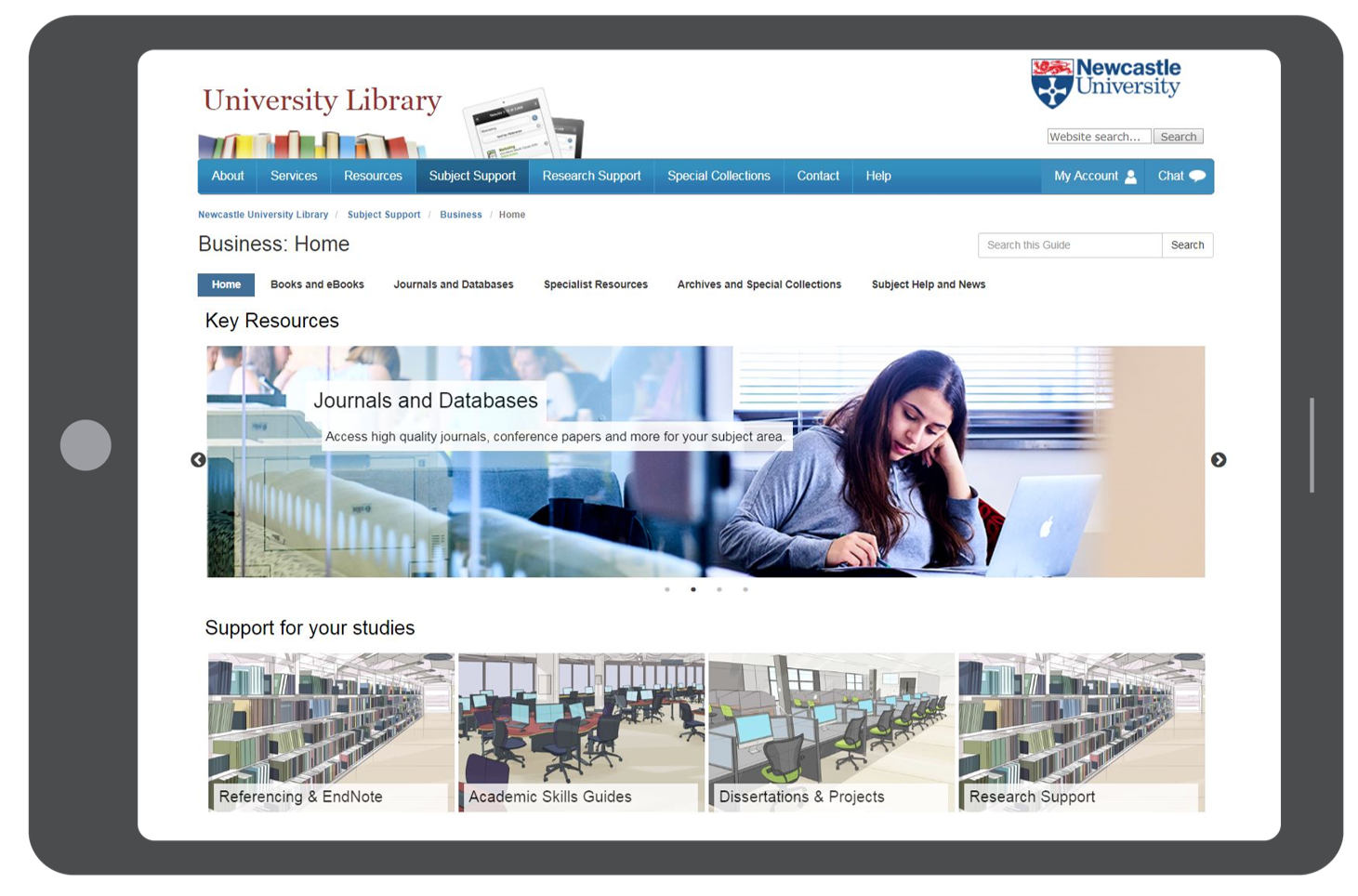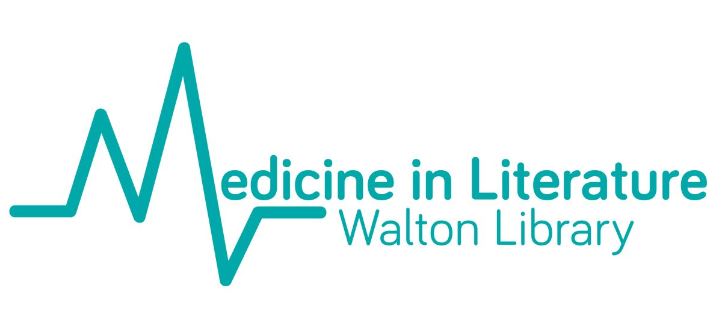Continuing our series of blogposts exploring our brand new humanities e-resources in more depth…

We have recently bought access to African American Communities. Focusing predominantly on Atlanta, Chicago, St. Louis, New York, and North Carolina, this collection presents multiple aspects of the African American community in the 19th and 20th centuries, through pamphlets, newspapers and periodicals, photographs, correspondence, official records and oral histories.
This archive contains a huge range of primary sources. Before you dive in, we’d recommend clicking Introduction, in which you can learn more about its scope and features.

The primary sources include many different record types, including pamphlets, images (including 360 degree view), official records and oral histories. These sources are supplemented by contextual essays to give you ideas for interpreting and exploiting the archive.
You can browse or search the archive contents by clicking Documents (to browse) or one of the two search options. You can filter your search in various ways, e.g. by document type, year or theme. If you just want to view images, click Image Gallery.

Have you used African American Communities? Please feel free to post your comments and experiences by clicking Leave a comment below.

 We have recently added a new module, Romantics Poetry, to our
We have recently added a new module, Romantics Poetry, to our 